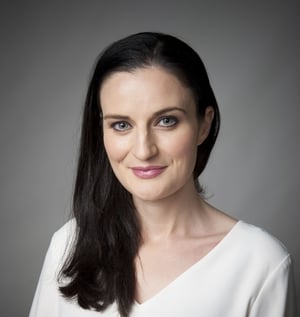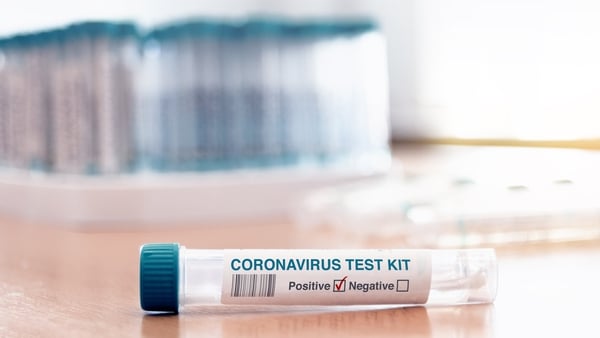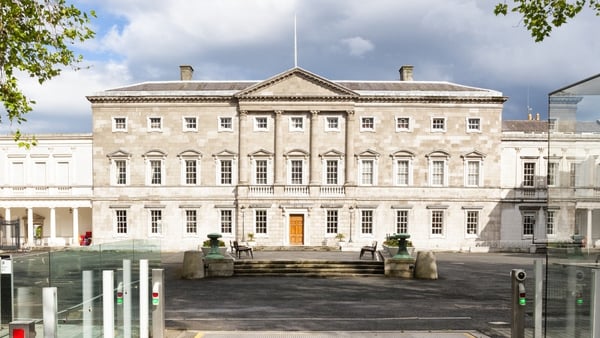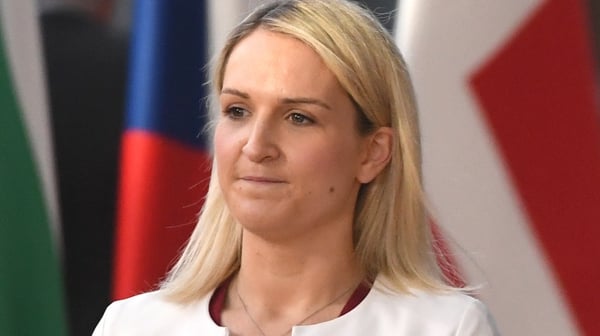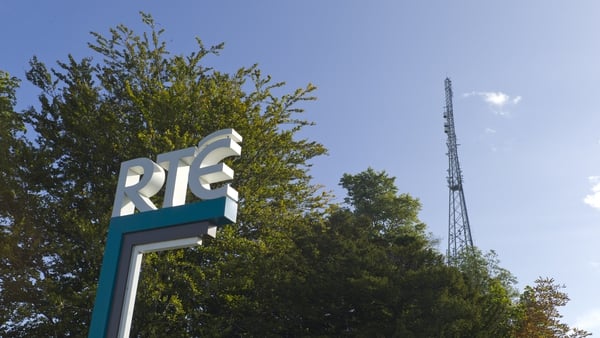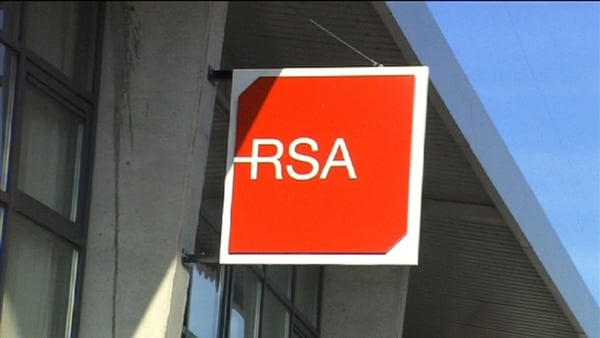The Government has said the Pfizer BioNTech Covid-19 vaccine could be available in Ireland from early January, if it is approved by the European Medicines Agency in the coming weeks.
The Taoiseach told the Dáil that the infrastructure to roll-out the vaccine was already in place.
Mass immunisation is expected to begin in the UK as early as next week, after Britain today became the first Western country to approve the vaccine for general use.
This evening, Mr Martin told a party meeting that Covid-19 vaccines will be administered for free to people across the country.
The Taoiseach told the Fianna Fáil Parliamentary Party that there is "light at the end of the tunnel" and that 2021 will be "a different year as we emerge from Covid-19".
He said healthcare workers, the elderly and nursing home residents will be prioritised in a sequenced programme, and "we will work flat out logistically to roll it out".
Mr Martin said there is broad public support for the lifting of Level 5 restrictions and that people needed a respite and a break.
He said the Government promised the country would exit Level 5 after six weeks and has delivered on that.
Over €2.5bn has been spent by the health service to deal with Covid-19, bringing total health expenditure this year to €20.4bn.
The figures were revealed today by Minister for Health Stephen Donnelly, who appeared before the Oireachtas Health Committee.
He told members that the Health Service Executive has forecast that €920m will be spent this year on personal protective equipment (PPE).
According to Mr Donnelly, it was the single most significant medium-term cost incurred by the department.
Stock levels of PPE by the end of the year will be equivalent to 12 years' supply.
Minister for Health Stephen Donnelly says the HSE forecasts €920m will be spent this year on Personal Protective Equipment | https://t.co/Tx2rs0nPkQ pic.twitter.com/MF7gfc7LPx
— RTÉ News (@rtenews) December 2, 2020
Testing and contact tracing cost €276m in total, delivering almost two million tests.
Minister Donnelly also told politicians that Ireland is in line to receive 15.6m doses of vaccines, if approved.
Health Minister Stephen Donnelly says it is his view that the Covid-19 vaccine will be rolled out for free. "My unambiguous view would be just like the flu vaccine, the State would cover all costs." | https://t.co/WchKEQ7Ezd pic.twitter.com/Pav6GgZgns
— RTÉ News (@rtenews) December 2, 2020
He gave a breakdown to the committee: Astrazeneca - 3.3 million, Janssen - 2.2 million, Sanofi - 3.3 million,
Pfizer/Biontech - 2.3 million, Moderna - 875,000; CureVac - no details yet. He said €117m has been spent by Ireland on Covid-19 vaccines.
Minister Donnelly said that it is his understanding that Ireland is "locked-in" to pay for the vaccines, regardless of whether they are approved or not.
It is not necessarily the case that the first vaccine approved will be the one that everybody gets, he added.
Mr Donnelly told Sinn Féin's David Cullinane that it was his understanding that different vaccines are better suited to different people, depending on their age and other factors.
Mr Cullinane asked if GP, pharmacy and other administrative costs will be covered.
The minister said that while no decision has been made, he hopes that all costs will be covered, similar to the flu vaccine.
He said: "We can't have any situation where there could be any question of access being a problem because of affordability."
Meanwhile, the Tánaiste said he was "reasonably confident" that a Covid-19 vaccine would start to be rolled out in January.
Leo Varadkar also told the Fine Gael Parliamentary Party that a communications campaign is vital to overcome vaccine hesitancy.
Widespread population immunity would be achieved by next September or October, he said, adding that vaccines will have a meaningful impact well before then.
The Chair of the National Immunisation Advisory Committee has said we can be reassured of the safety and effectiveness of Covid-19 vaccines when they become available, because of the scrutiny they are placed under.
Speaking on RTÉ's Six One News, Professor Karina Butler said the EU, UK and the FDA in the United States, as well as a number of other agencies in various countries, have independently been scrutinising the data from the vaccine development process.
She said a lot of the work had already been done on these types of vaccines prior to this pandemic, and the science is already there.
Public health physician Dr Gabriel Scally said there is room for discussion on which groups of people should be prioritised for the vaccine.
Speaking on RTÉ's Drivetime, he said that if supplies are limited, we should deploy the vaccine in areas where the incidence is highest.
Dr Scally added that we know the vaccine protects people from the serious effects of the disease, but we do not yet know that it stops them from being able to transmit it.
Additional reporting by Tommy Meskill

